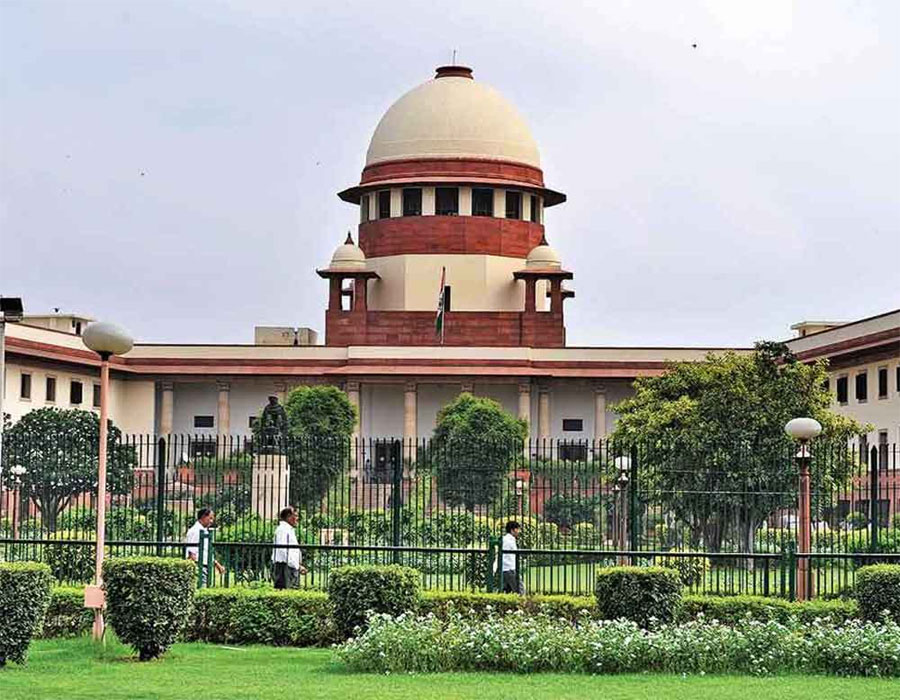By cancelling 214 out of 218 coal block licences, allotted between 1993 and 1011, the Supreme Court has tried to correct a historic wrong. Of the 214 blocks cancelled, 190 allocations were done during the UPA administration between 2004 and 2011. The four blocks that have been spared are run by central firms, two of them allotted to ultra-mega power projects and two to state utilities. In August, the apex court had had declared these blocks illegal. Allegations about illegal coal block allotments first surfaced after the CAG in 2012 said that the government gave away as much $33 billion in windfall gains to companies by underpricing the allocations. The apex court also asked stateowned Coal India Limited to take over the operational blocks in six months. The allottees have been given a breathing space of six months to wind up, and the government has been allowed to auction these blocks again after March 31, 2015.
While declaring the block allocation illegal, the court had remarked that they were done by an “ad-hoc and casual” approach “without application of mind” and without looking into aspects of “common good and public interest”. The allocations lacked “transparent procedure” resulting in “unfair distribution” of a “national wealth” – coal – “which is king and paramount Lord of industry”, the court had observed. The disputed coal block allocations to private companies were made on recommendations by a screening committee set up in 1992 to evaluate the merit of applications from such power-generating companies to run captive coal mines. The government companies were allocated coal blocks by the coal ministry through the government dispensation quota.
Shares of metal companies like Jindal Steel, Tata Steel, Usha Martin and Hindalco fell in the stock market soon after the court order. Prime Minister Narendra Modi in his first speech from Red Fort on the Independence Day, announced that the government would replace the Planning Commission with a new body, bringing the curtains down on the 64-year old institution founded on the former Soviet Union’s command-style development model.
—Prashant Tewari, Editor-in-Chief








 OpinionExpress.In
OpinionExpress.In















Comments (0)